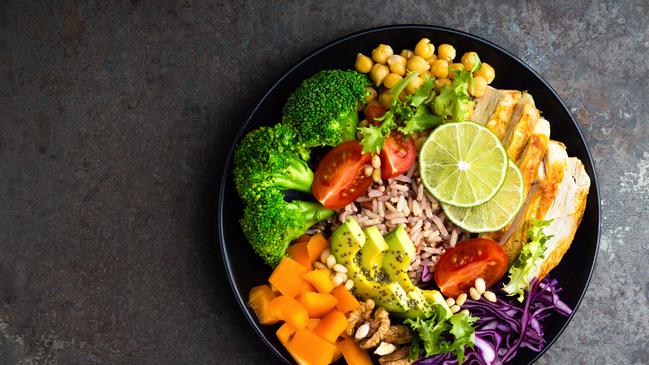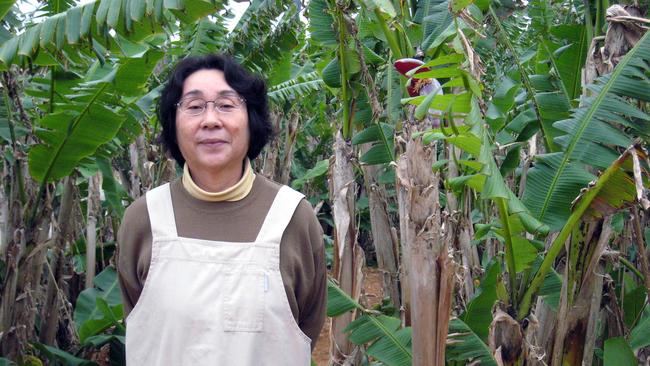How a high-carb diet could prevent dementia
Pasta lovers, rejoice. Research has found a high carbohydrate, low protein diet could be the key to beating dementia and give you a longer life.
Illness
Don't miss out on the headlines from Illness. Followed categories will be added to My News.
CARBOHYDRATES could be the key to beating dementia with new Australian research showing a high-carb, low-protein diet improved learning and memory in mice.
It’s the latest bad news for fans of the high-protein, low-carb paleo diet.
The research from Sydney University’s Charles Perkins Centre found a high carbohydrate and very low protein diet in mice promoted health in the brain’s hippocampus, the area responsible for learning and memory.
“There are currently no effective pharmaceutical treatments for dementia – we can slow these diseases, but we can’t stop them – so it’s exciting that we are starting to identify diets that are impacting how the brain ages,” said lead author and PhD candidate Devin Wahl.

The typical Australian eats a diet composed of 35-40 per cent protein and increasingly research is showing this type of diet has adverse effects on metabolic processes in the body including the brain.
Research published in the journal Cell Reports shows positive effects on the brain in mice whose diet was comprised of just 5-10 per cent protein, 20 per cent fat and 70 per cent carbohydrate.
Mr Wahl says his study found a low-protein, high-carb diet had similar effects on brain health as calorie restriction diets.
“A very low-protein, high-carbohydrate diet may be a feasible nutritional intervention to delay brain ageing,” the study concludes.
Previous research on the low-protein, high-carb diet in mice found the mice on this diet lived longer. Mice on high-protein diets were more likely to die at a younger age.

Mice on both the calorie-restriction diet and the low-protein, high-carb diet were about 15 per cent better at spatial memory tests compared to mice on normal diets, he said.
Some of the oldest people on the planet come from the island of Okinawa in Japan and parts of the Mediterranean and these cultures follow a low-protein, high-carb diet, Dr Wahl said.

Mr Wahl said Australians who wanted to improve their diets should limit their intake of red meat switching it for fish and beans and legumes.
The healthiest types of carbs to consume were whole grains and colourful vegetables. Regular aerobic exercise was also crucial in staving off dementia, he said.


